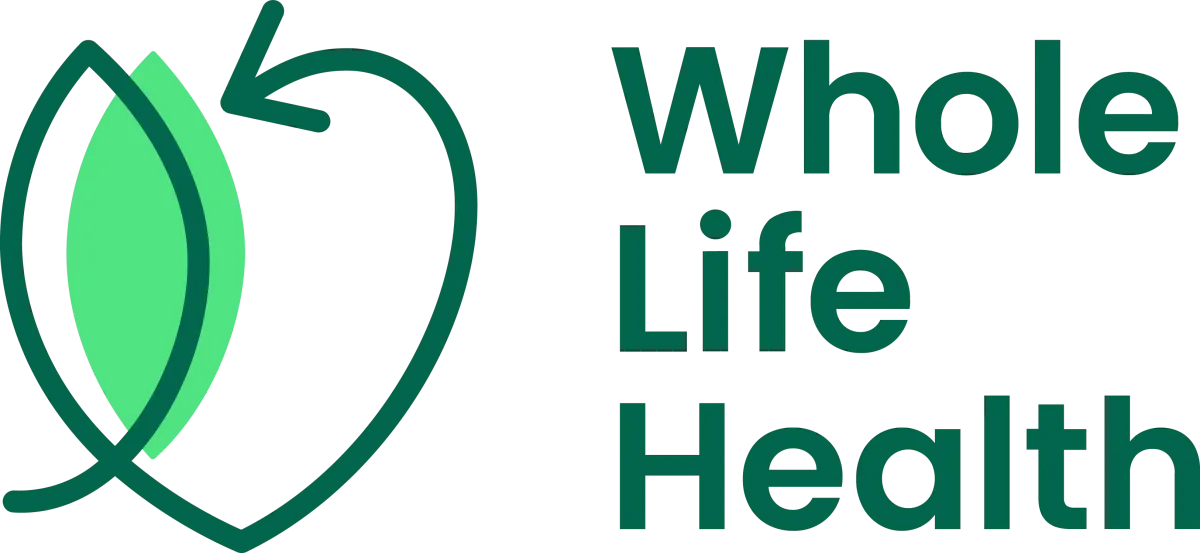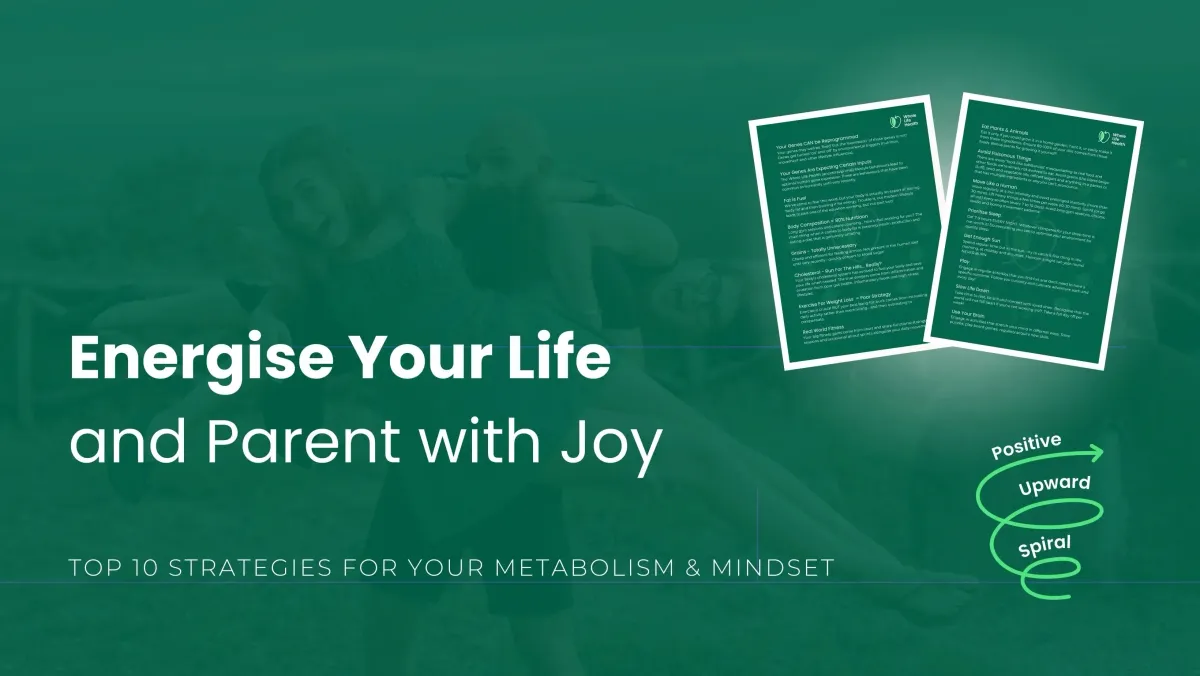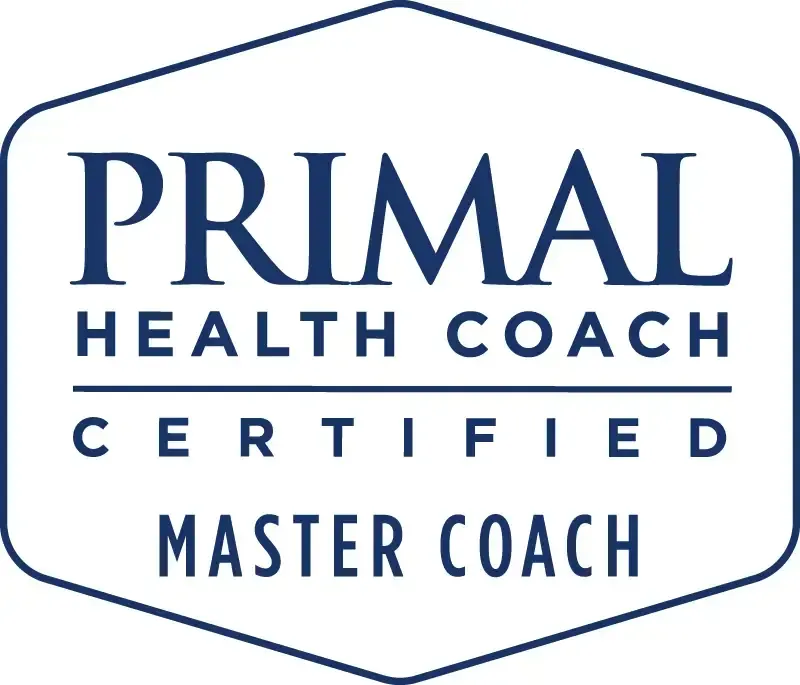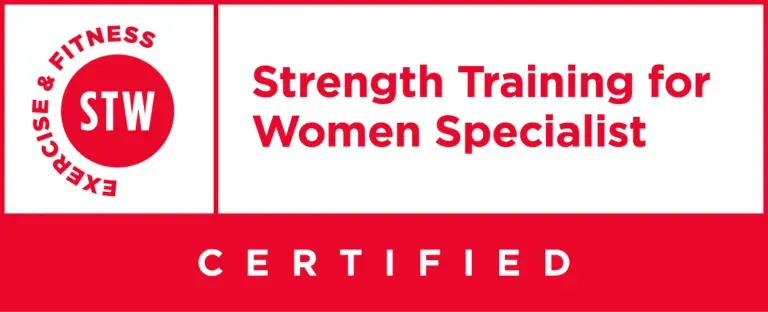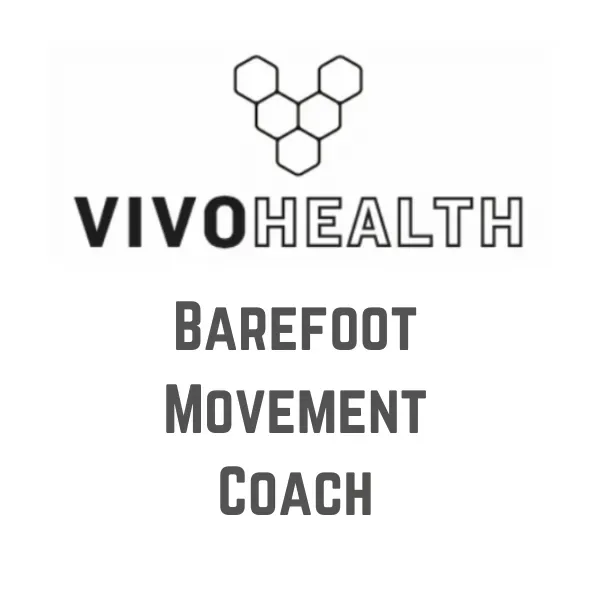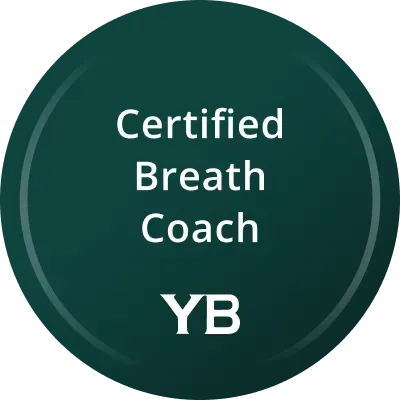
How Primal Living Helped Cure IBS: Mags' Journey to Gut Health
I have been struggling with IBS for a few years now and I was overweight. When I mentioned my problem to Jake he said he could help me. And he did! Thanks to Jake’s advice my IBS is now GONE! I went from a size 14 to a size 12 in 2 months of working really hard. What a great new lifestyle. Thanks Jake, for everything. Everyone should join his community.
This is a familiar story in my health coaching practice; with over 20% of UK adults struggling with Irritable Bowel Syndrome (IBS) as its symptoms, it is not surprising that I come across it fairly regularly. What might be more surprising is how often, even without direct attention, IBS clears up completely! These transformations come about through taking cues from our ancestors and adopting a lifestyle that we are more evolutionarily in tune with., often referred to as the Primal Lifestyle.
Here we’ll dive into how nutrition, movement and lifestyle factors contribute to managing IBS through reducing chronic stress, driving down inflammation, and enhancing overall well-being.
Understanding IBS and Its Triggers
Irritable Bowel Syndrome (IBS) is a common gastrointestinal disorder that affects millions of people worldwide. Characterised by symptoms such as bloating, gas, diarrhoea, and constipation (it’s really difficult as a Brit to avoid the toilet humour here— but for IBS sufferers, it is no laughing matter— it can define their day and even be totally debilitating).
Many clients, including Mags, have had to plan work schedules, evenings out, and even whole family holidays around their IBS.
What Causes IBS?
IBS is often triggered or exacerbated by various factors, including diet, exercise, and lifestyle choices, but ultimately, it all comes down to stress (not just psychological stress but the stress placed on the whole organism—that’s you— and all the other organisms within you).
Below we’ll look at various strategies that have helped Mags’ and so many of my other clients to lower their chronic stress holistically and overcome the symptoms of their IBS.

Diet and Nutrition for IBS
Nutrition plays a pivotal role in managing IBS symptoms. The links between our brain and gut are well established, literally called the gut-brain axis. When one is off, the other is off, and typically you’ll be in an upward spiral or a downward spiral.
Ancestral diets focus on whole, unprocessed foods that are low in inflammatory substances and nutrient-dense. Here are three dietary aspects to consider when addressing IBS:
Eliminate Inflammatory Foods
Certain foods can trigger IBS symptoms in susceptible individuals. Common pro-inflammatory foods include grains, refined sugar, and refined seed oils.
Grains: Wheat, barley, oats, rye, and corn (all recent mono-crops largely absent from our ancestors’ diet): these aggregate our gut lining and tend to lead to increased gut permeability.
Refined Sugar - sugar in unnatural amounts can throw our gut bacteria off, hampering another layer of gut protection.
Refined Seeds Oils: the small amounts found in nuts and seeds are fine; our ancestors had access to these. What they didn’t have was a crazy abundance of these oils extracted from their seeds that then get incorporated into our cell linings at inappropriate ratios.
Focus on Nutrient Quality
Eating diverse, nutrition-dense foods ensures your body receives the necessary vitamins and minerals to function properly. Explore options such as:
High-quality protein: make meat, eggs, or fish the centrepiece of your diet - you can’t beat the nutrient density of regeneratively raised meat (this was top-draw food for our ancestors). Compounds such as creatine and taurine, along with Omega-3 fatty acids, mean that these foods pack a powerful punch that other substitutes can’t hold a candle to.
Vegetables: The base of the human diet! Green leafy stuff helps rehab our gut microbiome with both good bacteria and the food for the good bacteria to feed on.
Fruit, nuts and seeds: our ancestors would have loved the seasonal availability of wild fruits, nuts, and seeds, packed with both energy and nutrition - just go easy on these as it’s a surefire way to overeat given our modern availability. Flax and chia are choices of soluble fibre which are massively helpful in helping our gut bacteria.
What About Dairy & IBS?
Many people around the world struggle with dairy. For those with IBS, dairy can be particularly tricky. For many, this means avoidance, using fermented dairy (hard-aged cheeses, yogurt, kefir), or opting for A2 dairy (dairy from traditional European breeds who produce less milk but don’t produce a certain peptide which may be a culprit for many people).
Personalised Approach
Since IBS triggers can vary from person to person and even the recommended foods above may be problematic in the short term, consider keeping a food diary to identify your unique triggers. It’s worth noting that once your chronic stress and inflammatory load are under control, you may well be able to reintroduce a number of the foods that were previously problematic. Working with a health coach can be a game-changer when it comes to crafting a dietary and wider lifestyle strategy that works for you.

Exercise for IBS
Movement is essential for life (anyone remember MRS. GREN from high school biology?) But more doesn’t always equal better - we need a targeted approach that honours our human biochemistry and our individual preferences and time constraints.
Everyday Movement
Before we talk about ‘exercise’ in a structured manner, we need to appreciate that low-level everyday moments are the base of fitness. Avoid prolonged inactivity (more than 30 mins) and take every and any opportunity to move.
Gentle restorative exercise
The next rung up is structured exercise at levels where we can still hold a conversation; this helps build our capacity over time in a non-stressful way and also builds our ability to recover from more stressful activities.
Short Duration, High Intensity
Studies show that shorter bouts of high-intensity exercise can massively improve fitness levels and maintain robust bodily function as we age, without overwhelming the body. This means a structure something like lifting heavy things 2 times per week and some all-out efforts once per week or so (a few sprints for example). These bouts stimulate adaptation for stronger muscles, bones, internal organs, and brain health (all fairly important for… life) but leave plenty of time for recovery and a low-stress lifestyle. Short, sharp stressors like this actually help us develop the ability to better manage the more long-term stress of life (hence being totally appropriate for helping with IBS).
Play
My favourite strategy for movement is to try to incorporate the principles above into play! Play is great for stress management, connecting with others and - for some - doesn’t come with the baggage of ‘exercise’. Making movement part of playful lifestyle is win for all around family health and for IBS.

Lifestyle Factors for IBS
Whilst nutrition and movement are significant levers we can pull when it comes to IBS, there are other factors that must be considered. The below will all have an effect on how you eat and move and be affected by how you eat and move.
Sleep Quality
Sleep is crucial for overall health, and lack of it can exacerbate IBS symptoms. Aim for 7-9 hours of quality sleep each night. If you know that your sleep is not in tip-top shape, check out my Top 10 Tips for Sleep.
Sun Exposure
Sunlight, while often overlooked, is essential for vitamin D synthesis. Vitamin D is linked to gut health and can help manage inflammation. Take half the time it would take you to burn out in the sun. This is also key for setting up our circadian rhythm for great sleep!
Strong Relationships and Community
Connecting with others and building strong social ties can significantly reduce stress levels, which directly affects gut health. Make time for family activities, join clubs, or engage in community events. As Mags noted, being part of a supportive health community was crucial for healing her IBS.
Breathing Habits and Breathwork
Engaging in practices such as breathwork or, more importantly, learning how to breathe well throughout the day is one of the best (and certainly quickest) ways to come into your parasympathetic (rest and digest) nervous system rather than being in fight/flight (which you likely are as an IBS sufferer).
Get out into Nature
We evolved in the great outdoors, and nature therapy is now becoming a therapeutic modality (which is a little odd when it should just be… life… but it isn’t for many). If you’re suffering from IBS, get out into nature for extended periods and feel the stress melt away. This pairs well with movement, play, and perhaps even a primal picnic for the whole family?
Mags’ Journey: Finding Freedom from IBS
Mags’ transformation is a testament to the power of an ancestrally aligned lifestyle. By focusing on natural food choices, movement, proper sleep, sun exposure, and building community connections, she managed to navigate her IBS symptoms effectively. She fully embraced the lifestyle changes outlined here, which inspired her journey towards recovery. Her story illustrates how you can reclaim your health through thoughtful, intentional choices.
So, Where Do We Go from Here?
If you feel trapped by your IBS symptoms, it’s time to take charge. By making intentional choices around nutrition, movement, and lifestyle, you can significantly improve your stress, inflammation and digestive health. Incorporate aspects of a Primal lifestyle and see what works best for your body. Continuing to tolerate your IBS is not only debilitating now, but is also a precursor to other long term inflammatory and metabolic conditions like type 2 diabetes, heart disease, stroke and Alzheimers.
If you want to live a life free from IBS symptoms, book a health strategy call today!
With a deep dive into Primal health wisdom along with the strategic partnership of a health coach and a supportive community of people also pursuing abundant health for themselves and their families, you’ll be setting yourself up with personalised strategies for driving down chronic stress and beating your IBS!
